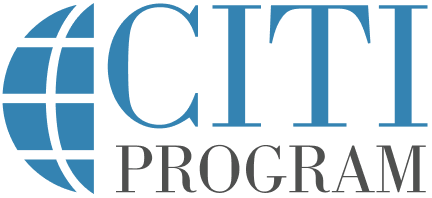This course describes the hazards typically present in laboratory facilities and provides best practices for working safely in and around these facilities. The course is intended for contractors, facilities personnel, housekeeping staff, and other support personnel whose work requires they enter laboratory facilities but who themselves are not lab personnel.
Language Availability: English
Suggested Audiences: Contractors, Facilities Personnel, Housekeeping Staff, Physical Plant Personnel
Organizational Subscription Price: $675 per year/per site for government and non-profit organizations; $750 per year/per site for for-profit organizations
Independent Learner Price: $99 per person

